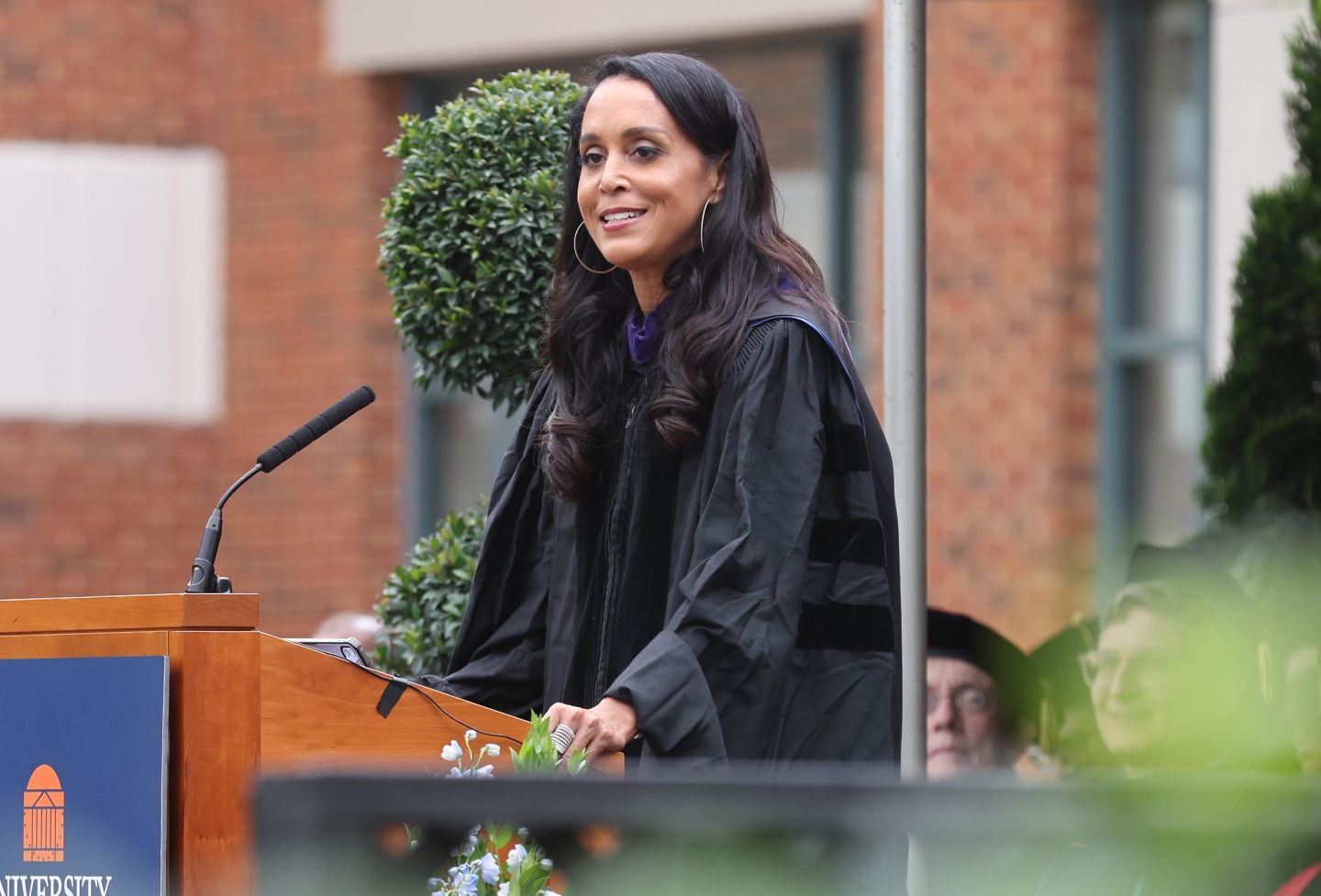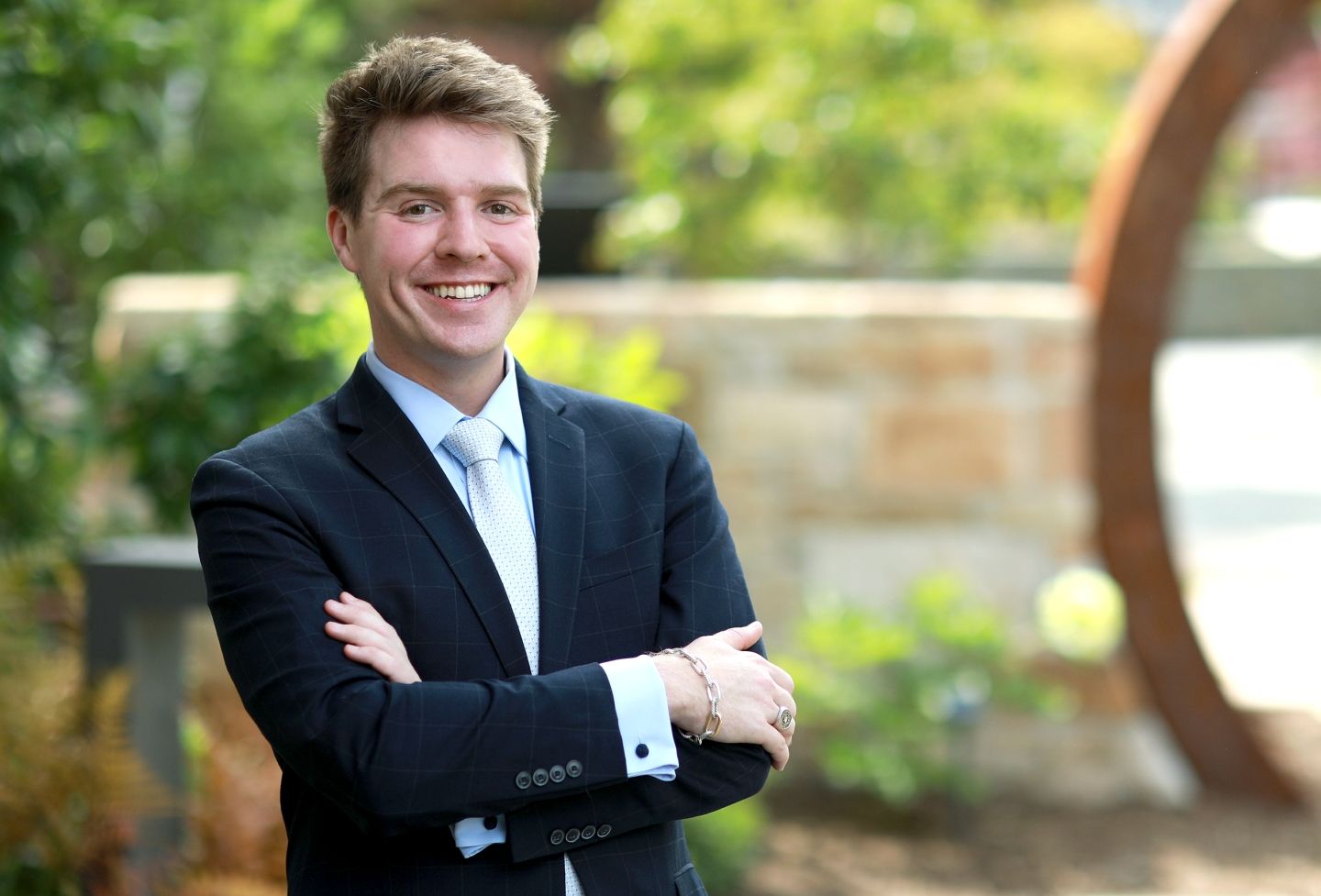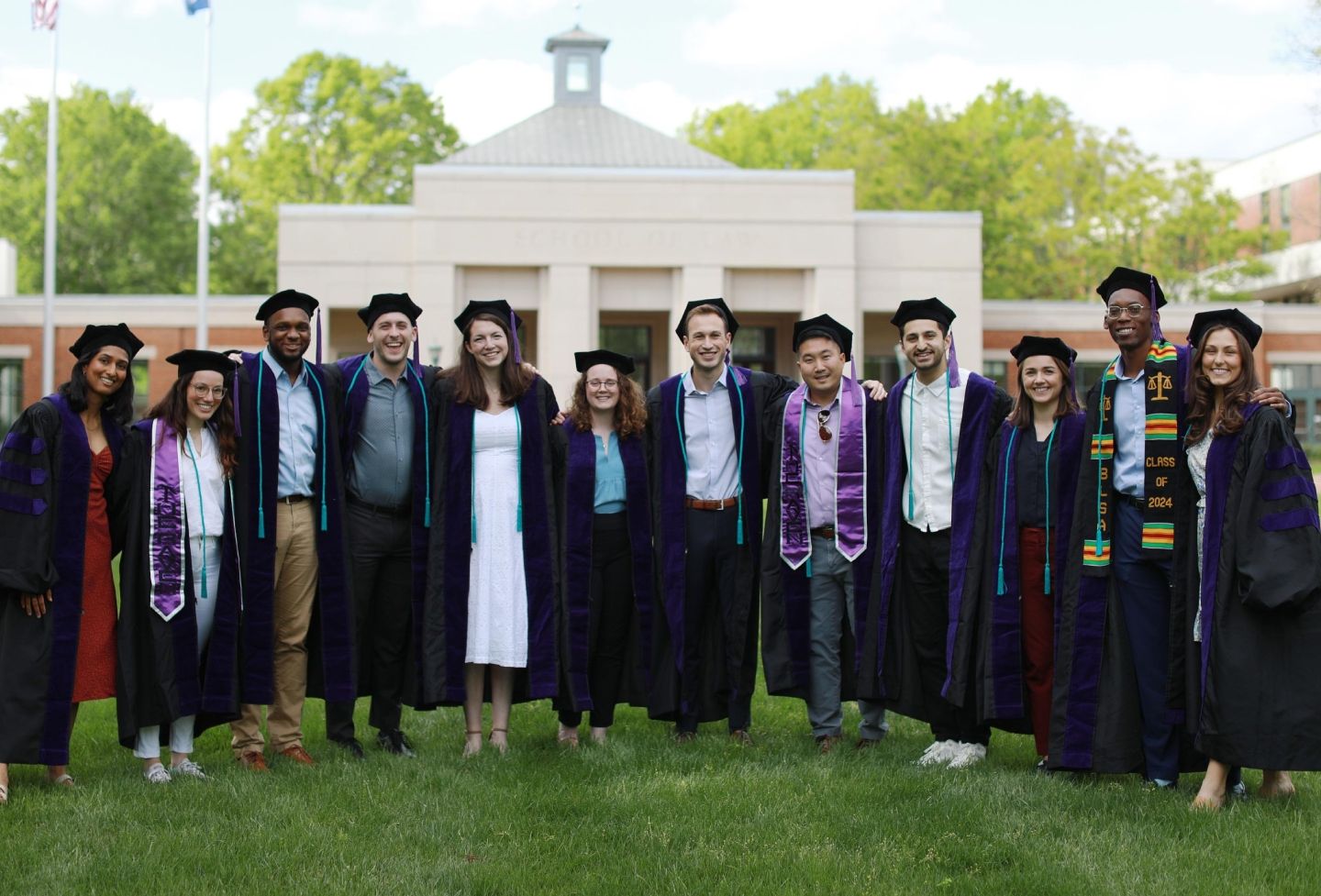Third-year law student Sabrina Talukder has been awarded a prestigious Equal Justice Works Fellowship to help noncitizen survivors of sex trafficking and domestic violence in New York City who are facing possible deportation.
As part of the two-year fellowship, Talukder will launch a new program at the Legal Aid Society of New York City to identify and assist survivors of sex trafficking and domestic violence affected by the federal immigration law enforcement program Secure Communities, in which the FBI and ICE share information to check whether people who are arrested are present in the country illegally. The program, Talukder said, overlooks whether survivors qualify for legal protection.
"Public defenders lack the training to identify and refer survivors for immigration relief," Talukder said. "Since most immigration advocates in New York City do not work within [the immigration system], many noncitizen survivors with viable immigration options go unidentified and are deported."
Talukder's fellowship will be one of roughly 50 awarded by Equal Justice Works, a national organization that supports recent law school graduates who have developed new and innovative legal projects that can impact lives and serve vulnerable communities in need of legal assistance.
Under the fellowship, Talukder will receive a salary, loan repayment assistance, training and additional support.
When she heard recently that she'd been awarded the fellowship, Talukder said she "literally cried for 15 minutes" and then "ate a box of pizza on the floor."
"It was only after an hour of crying and eating on the floor that I thought I should tell Legal Aid and my family about the fellowship," she said. "This only led to more crying and pizza-eating. I just couldn't believe that I had gotten a fellowship!"
Talukder, whose family is from Bangladesh and Myanmar, said she comes from a family of refugees, migrant workers and survivors of domestic abuse, and said she attended law school so she could be an effective advocate for similar survivors.
"No matter where I'm working in the world, and no matter where I'm attending school, I always find myself advocating on behalf of survivors of sex trafficking and domestic violence because I feel that I am helping my family in some way," she said. "I try to live every day knowing that if my grandmothers weren't the women they were, that I could have easily been a sex trafficking survivor."
For her fellowship, Talukder said she knew she wanted to focus on identifying survivors early on in the detention process, as she has witnessed first-hand how difficult life in immigration detention centers can be.
"I've actually had a client who committed suicide after he received legal status, because the acute trauma he experienced through sex trafficking had gone untreated for so long, [including] in detention centers," she said. "As an advocate, I want to make sure that that never happens to my clients ever again."
While at UVA Law, Talukder gained experience working on immigration cases as a volunteer with the Capital Area Immigrants' Rights Coalition, a nonprofit organization that supports immigrants in federal custody in Virginia and Maryland, including through a program focused on unaccompanied immigrant children. Talukder and a fellow volunteer, third-year law student Julianne Jaquith, played a key role in obtaining legal status for a teenager from El Salvador who had been kidnapped and forced to smuggle drugs into the United States. (More)
Talukder took numerous courses dealing with immigration law, including the Immigration Law Clinic, and participated in extracurricular activities such as the Migrant Farmworker Project, in which UVA Law students visit farmworker camps in the Charlottesville region to inform the workers about their legal rights and to observe working and living conditions.
Doug Ford, director of the Immigration Law Clinic, praised Talukder's skills as an attorney and as an advocate for immigrants.
"Sabrina connects with difficult, traumatized clients so they will unearth memories they have buried," he said. "At the same time she maintains her legal distance to both evaluate a client's testimony and rigorously analyze the strength of the case."
She was also one of eight Cowan Fellows who took part in last year's Human Rights Study Project, in which UVA Law students traveled to Madagascar to investigate the status of human rights in the aftermath of a 2009 coup d'etat. (More)
The Human Rights Study Project, she said, was an important step in preparing for her fellowship.
"When I was in Madagascar through HRSP, I stayed in brothels, shadowed child sex-workers for nights at a time at their jobs, and fell in love with their families," she said. "The most important aspect of my work is to mutually connect with survivors in order to fully understand their story. By understanding the world they grew up in and the choices they had to make, I can better understand their struggle."
After her first year of law school, Talukder worked at the Legal Aid Foundation of Los Angeles in its Torture Survivors Project, in which she went into detention centers and helped provide direct legal representation to torture survivors.
For her second summer job, she worked at the American Civil Liberties Union's Immigrant Rights Project in San Francisco, focusing on legislation and impact litigation that dealt with federal immigration reform.
As part of her fellowship, Talukder will implement a training program for the 725 public defenders at the Legal Aid Society of New York City. The program will teach them how to identify survivors of sex trafficking and domestic violence. She will also create multilingual educational materials to help guide survivors through their immigration relief options.
Her other duties will include providing direct legal representation and holistic social services to noncitizen survivors identified through referrals and through outreach at Rikers Island correctional facility.
"The goal of this fellowship is implement the project in two years, and then to replicate the public defender trainings across the country in three to five years," she said. "I also hope to disseminate the multilingual survivor-centric community education materials across the country as well."
Secure Communities has been implemented in 96 percent of counties across the country, and Talukder said she intends to assist survivors "wherever and whenever I can."
Talukder thanked her friends at UVA Law for supporting her through every stage of the process in pursuing the fellowship.
"They know who they are, and I don't thank them enough for their love and encouragement," she said. I couldn't have done this without my friend Carolyn Rumer. "I would also especially like to thank Annie Kim at the [Mortimer Caplin] Public Service Center; she has supported me since my first day at law school."
Founded in 1819, the University of Virginia School of Law is the second-oldest continuously operating law school in the nation. Consistently ranked among the top law schools, Virginia is a world-renowned training ground for distinguished lawyers and public servants, instilling in them a commitment to leadership, integrity and community service.


